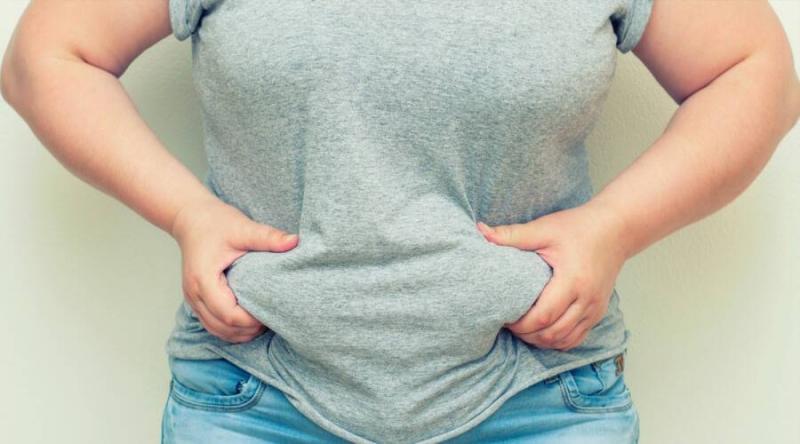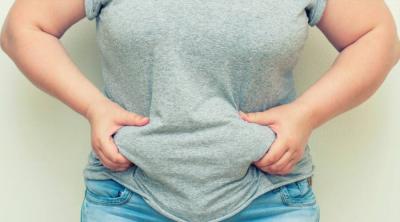Weight peaks between the ages of forty and sixty, accompanied by muscle mass loss and a slowdown in metabolism for both men and women. However, for women, hormonal changes associated with reaching menopause in midlife make matters worse, as stated by doctors and researchers. According to a report published by the Wall Street Journal, hormone therapy, along with strength training and dietary changes, can lead to better outcomes. Researchers note that many women in their forties and fifties observe that their weight begins to increase, even if their daily routines remain unchanged, and that losing weight becomes more difficult.
Daniella Hurtado, an obesity physician and assistant professor of medicine at the Mayo Clinic in Florida, cites studies showing that starting from midlife, women typically gain between 300 and 650 grams annually. Kathleen Jordan, senior physician at MediHealth, a virtual care clinic for women over forty, states that hormonal changes during the approach to menopause, which usually begins in the forties when menstrual cycles become irregular, are associated with an average weight gain of about 3 kg.
Doctors and researchers explain that the main reason is the decrease in estrogen levels that occurs with menopause. Studies have also highlighted the importance of estrogen in regulating body weight. One study focusing on women over forty found that those who took medication to prevent their ovaries from producing estrogen for 24 weeks gained more than 1.5 kg of fat. Some research suggested that estrogen might affect motivations to exercise. Results from one study revealed that women with estrogen engaged in more vigorous and regular physical activity compared to those who took medication to stop estrogen.
Dr. Jordan mentions that lower estrogen levels are also associated with decreased insulin sensitivity and elevated cholesterol levels, which can make it harder for women to maintain or achieve a healthy weight and put them at greater risk for type 2 diabetes. Wendy Kuhlman, a medicine professor at the University of Colorado and a lead researcher in both studies, states, "These results at least suggest that there may be a biological drive behind weight gain in midlife women and it’s not just about what they choose to do." The drop in estrogen also doubles the loss of muscle mass that occurs for both men and women as they age.




